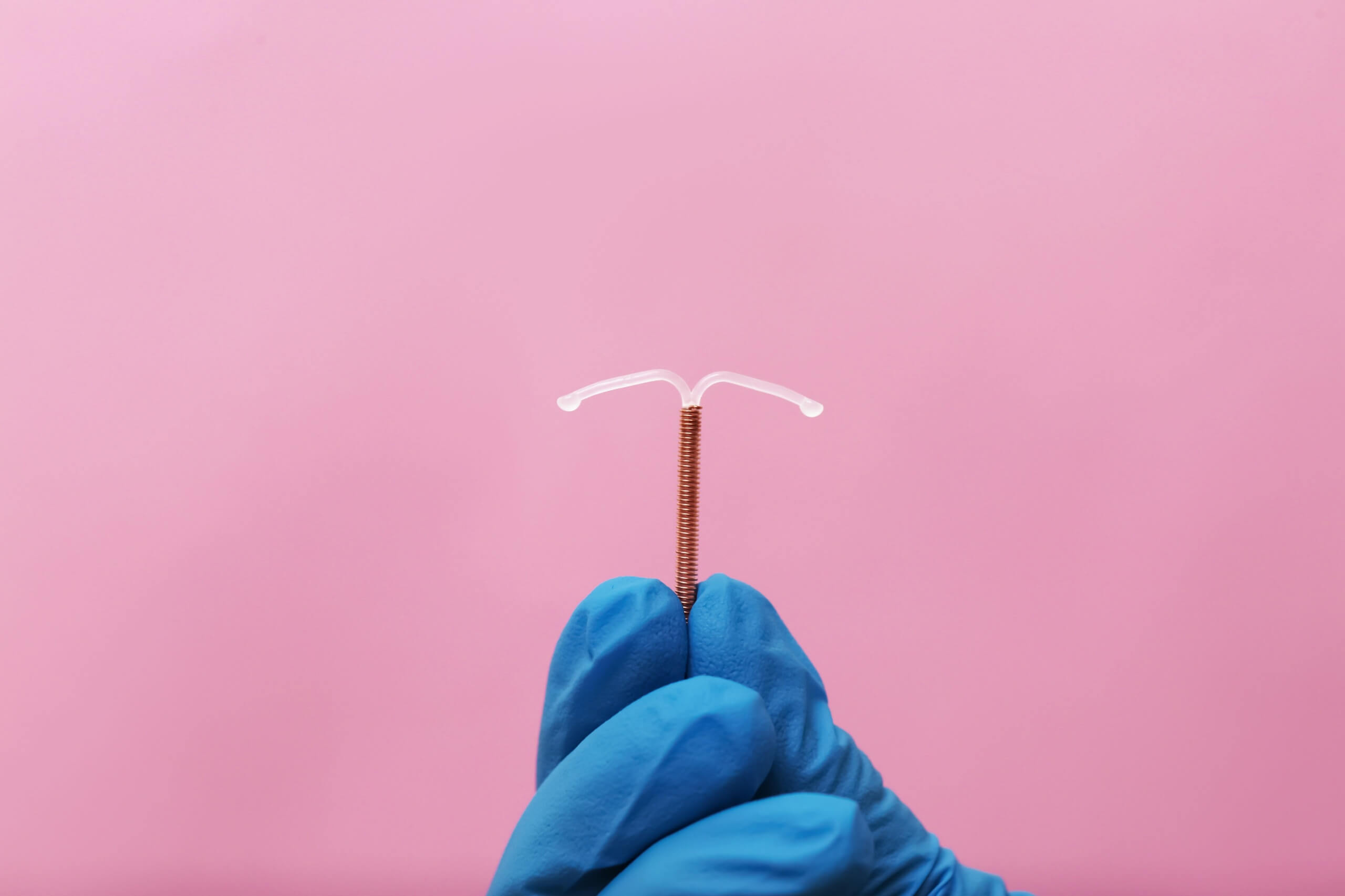Break-through bleeding can be common when taking a birth control pill, and is often one of the biggest reasons why a patient will stop using it. Here are some things to consider before abandoning your birth control pill…

1. Did You Miss a Pill?
The #1 most common reason why you are having some unscheduled bleeding is because you forgot to take a pill. Some pills are more forgiving than others, but if you miss a pill (or sometimes if you are just a few hours late) you may have some breakthrough bleeding. If you are just really bad about taking the pill every day, consider another option for birth control. There are lots of birth control options that don’t require you to remember it daily.
2. Stress
Stress is a hormone and it affects us all more than we think it does.
Being stressed out, getting sick, missing sleep… all of it can affect us.
Once stress starts to affect your body, you know it’s time to take better care of yourself.

3. Weight Change
If you have either recently gained or lost some weight, that can affect you.
I would expect your body to adjust, but even 5-10 pounds can cause some temporary spotting.

4. Are There Other Meds or Supplements You Are Taking?
They can interfere with the pill’s effectiveness.
Stop taking any new supplements.
Review your medications with your doctor or pharmacist to be sure nothing interferes.
5. Time to Change Your Pill
Spotting is definitely more common on certain birth control pills, so I would certainly try a different pill if you keep spotting on it. There are at least a dozen different birth control pills that vary in their estrogen dosage and type of progestin, so sometimes we just need to find the one that works best for you.
If we ruled out all the above, and you keep spotting a new pill, then it’s time to see what else is going on. I would want to see you for a quick exam in the office and maybe send you for ultrasound as well.
The other things I would look for would be:
Cervical Polyp
It’s common for women to get a polyp on their cervix, which is just a benign growth that can bleed easily. I would just need to do a quick speculum exam to look at your cervix to see if it has a polyp on it, and it’s usually easy to remove right there in the office.
Infection
During the speculum exam, I can do a vaginal culture to see if maybe you have an infection that could be irritating your cervix and causing bleeding.
Cervical Cancer
I would do a Pap smear to make sure there are no abnormal cells in your cervix if you haven’t had one in the past 3 years.
Ovarian Cyst
I would also do a quick pelvic exam to feel if there may be any cysts on your ovaries. We would then send you for an ultrasound to see if there is an ovarian cyst. (Most go away on their own, but some need to be removed surgically.)
Uterine Polyp
We would need you to have an ultrasound to see if you have a uterine polyp. These are benign growths in the lining of the uterus and are definitely a cause of irregular bleeding. We would need to do a D&C to remove a polyp up in the uterus. Every OBGYN does a bunch of these every year. They’re common.
New Medical Problem
Based on your history and physical exam, we may also want to do some blood work to check for any underlying medical conditions.
When your birth control pill is working like it should, your periods are very predictable, your periods are light and short, and you don’t have any bleeding in between.
- Try to be really good about taking your pill at the same time every day.
- Manage your stress, get good sleep, eat a healthy diet, exercise and maintain a normal body weight.
- Tell your doctor what medications you are taking and only take what’s necessary.
- It may be time for a different pill, or different forms of birth control (there are lots of choices).
So if you keep having breakthrough bleeding on your pill, then make an appointment with your OBGYN for a proper evaluation and to make sure you have the best birth control option for you.


Ask Us A Question
Need more information? Please give us a call at (630) 320-6703 and someone from our team will be in contact with you soon.
Patient Resources





